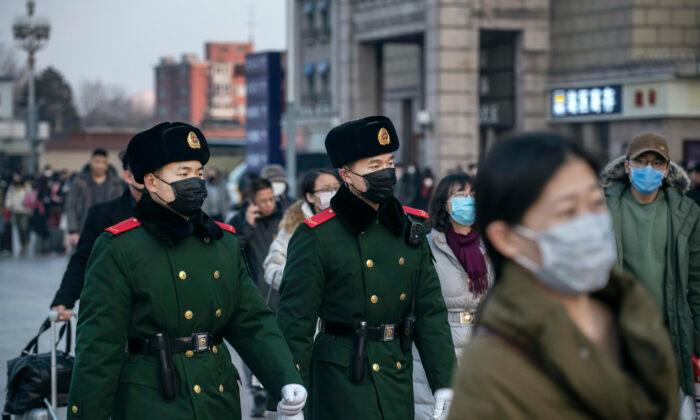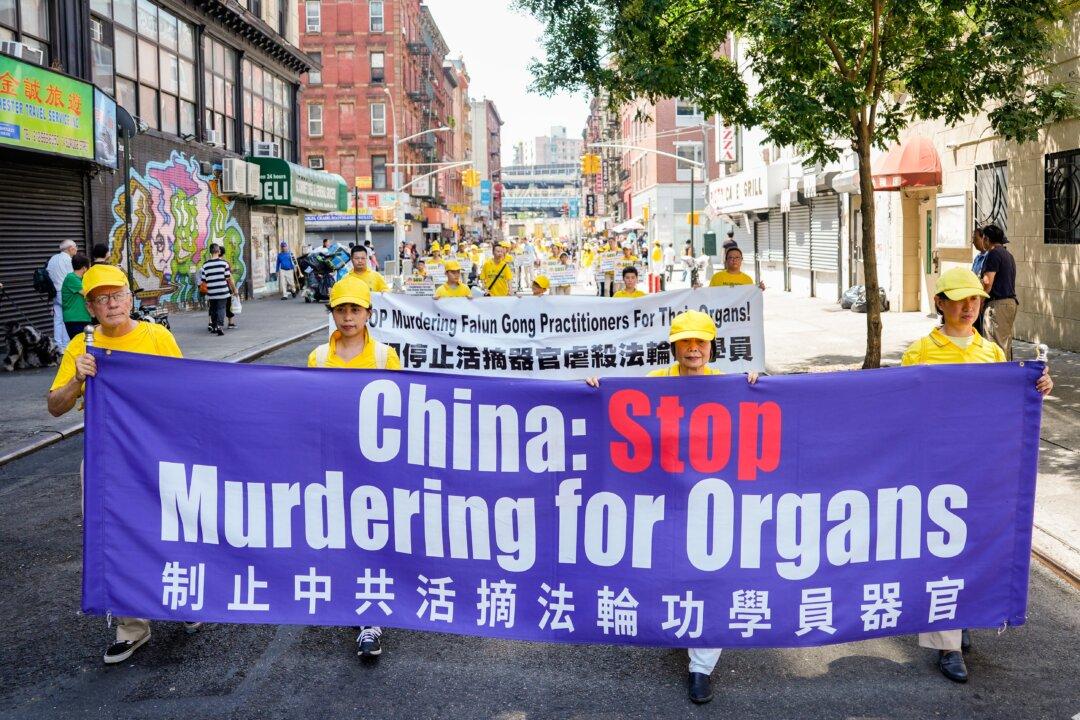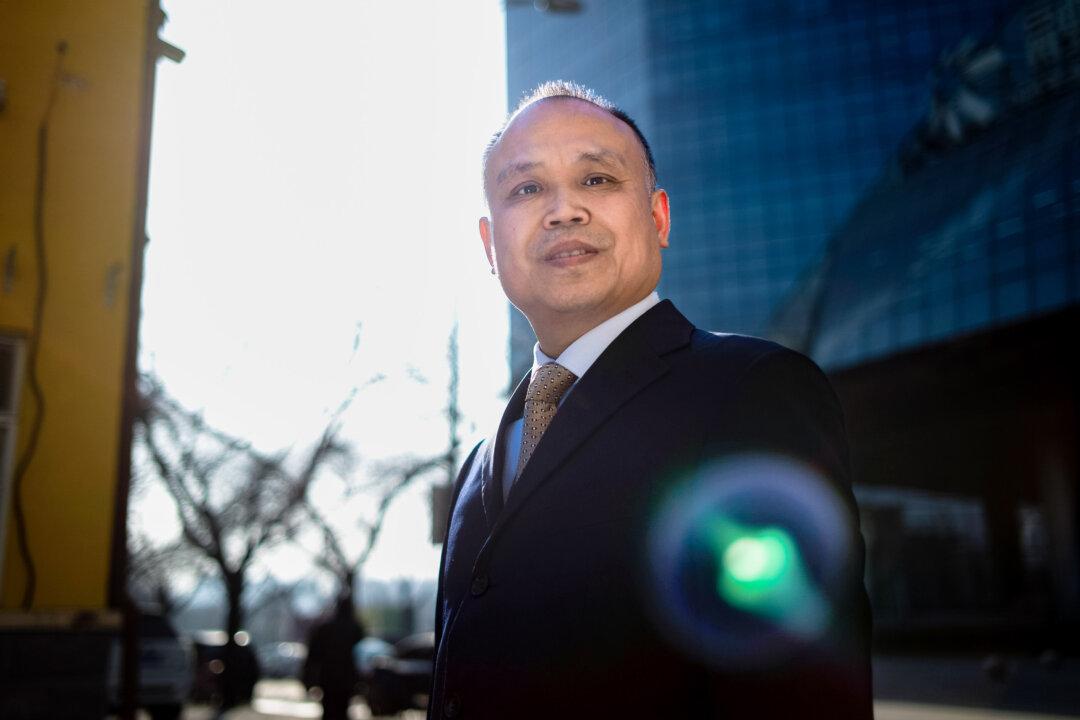Officially known as “Residential Surveillance at a Designated Location” (RSDL), the system is an extra-judicial measure that allows Chinese police to make people “disappear” without a court order.
“The whole RSDL system is disturbing in every aspect, from the way victims are black-hooded and kidnapped, taken to a secret location, and kept there incommunicado for 6 months, sometimes more, to be tortured and threatened,” Dinah Gardner, author of the report, told The Epoch Times in an email.
“However, some victims have said that while the entire experience is intensely traumatic, the single most terrible part of RSDL was when police threatened their family and other loved ones.”
RSDL
The report collected accounts from people who had been subjected to RSDL to put together an in-depth insight into how the system works. Among the former victims were Peter Dahlin, director of the Madrid-based nonprofit, several Chinese human rights lawyers including Wang Yu, and American professional basketball player Jeff Harper.Harper, a former Iowa Wesleyan University basketball player, was held in isolation at an apartment complex in the southern Chinese city of Shenzhen for eight months before he was released in September 2020. He was detained and accused of causing a man’s death following an altercation.
He was quoted as saying that he sometimes ate rice with bugs in it and he lost 40 pounds during his solitary confinement. He stated: “I would just sit around all day and do push-ups and work out. Stare out the window and look at the airplanes go by and hoping that this day would pass.
“I had one form of entertainment. It was a big rat crawling from wire to wire between the buildings. I watched this rat every day.”
“I was forced to stay inside the small, painted square during the day, suffering at the hands of these young girls [guarding me],” Wang was quoted as saying in the report. “If my leg or a foot were out of the square, even by just a tiny bit, they would warn me or slap me.”
The report also included two English-language documents provided by former RSDL detainees. One document states several rules under residential surveillance, including “Sleep on your back and keep both arms above the blankets at all times” and “take all medicine that is prescribed.”
The report states that some detainees have been forced to take unknown drugs, making their minds dull, visions blurred, and muscles hurt, among other effects.
Warning
The number of RSDL cases is on the rise. According to the report, there were 5,810 cases in 2020, based on China’s court database, an increase of 91 percent from 2019. The upward trend has continued into 2021 based on early data, Dahlin said in an email to The Epoch Times.“We don’t know for sure why the dramatic surge in RSDL in 2020,” Dahlin wrote. “One early thought of course is that due to COVID-19 restrictions, RSDL has become preferable by local police to use, as it limits exposure to both detainee and police.
“At the same time, 2020 saw a dramatic increase in the need for information control, i.e., to silence those that speak ‘out of turns,’ especially about the virus spread and management, so that could also explain part of the increase.”
To avoid being ensnared in the system, Gardner stated that governments can protect their citizens by telling them not to travel to China.
Gardner added, “All democracies should educate themselves about the true extent of China’s human rights abuses including the reality of RSDL, AND strongly unite to oppose China’s human rights abuses with actions including punitive, such as Magnitsky sanctions.”






Friends Read Free